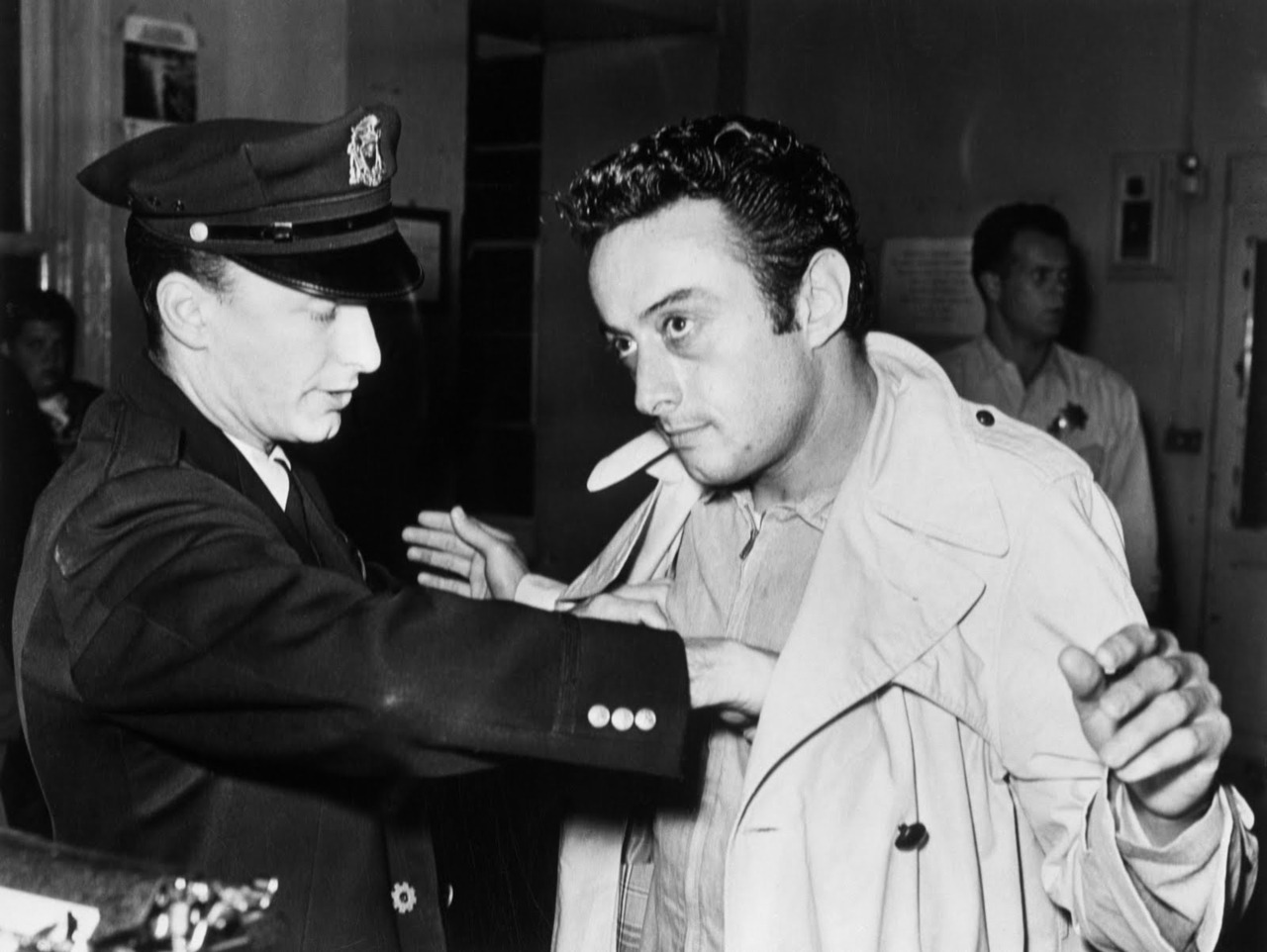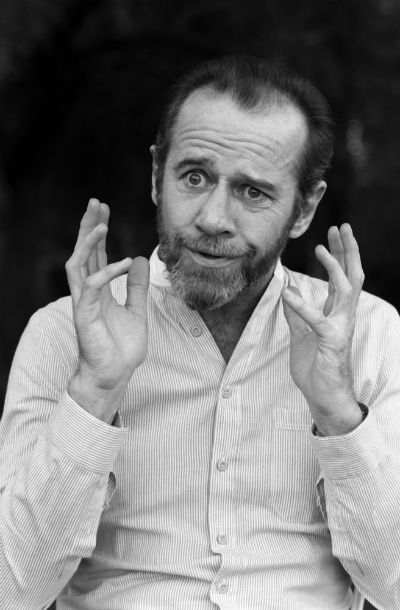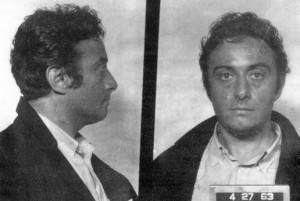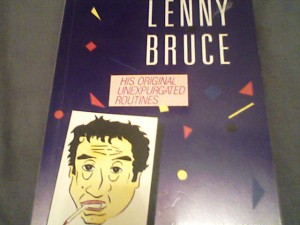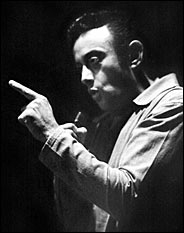In a 1969 Holiday interview conducted by Alfred Bester, Woody Allen let it be known that he preferred Mort Sahl to Lenny Bruce and J.D. Salinger to Philip Roth. Dumb and dumber. An excerpt:
There were a couple of paperbacks on the make-up table: Selections From Kierkegaard and Basic Teachings of Great Philosophers, the sort of thing you’d expect to see a young intellectual reading on a bus. We discussed books. “I don’t enjoy reading,” Woody said. “It’s strictly a secondary experience. If I can do anything else, I’ll duck it. Maybe it’s because I’m a very slow reader. But it’s necessary for a writer, so I have to do it, but I don’t really enjoy it. The thing itself is boring.
‘The only thing I find interesting today is sporting events. They have everything that great theater should have; all the thunderous excitement and you don’t know the outcome. And when the outcome happens, you have to believe it because it happened. I need something crammed with excitement. I like things larger than life.’
He believes that Stendhal’s The Red and The Black is one of the great fathers of modern novels. He says that he hates Terry Southern and had to struggle through Philip Roth’s new novel. “I felt there were many passages that could have been done better. In the masturbation scenes Roth was reaching for wild effects; in fact, I feel that Roth was pandering to the public. His attitude was: ‘All right, I’ll give you what you want.’ Salinger didn’t do that in Catcher in the Rye. His whole book was on a much higher level.”
Woody is hipped on the subject of pandering. “I feel the same way about Lenny Bruce as I do about Roth. Bruce was not particularly brilliant. He pandered. He was and is idolized by the kind of people who must invent an idol for themselves. Nichols and May didn’t do that. Mort Sahl doesn’t do that; he doesn’t pander.”
The name of another prominent comic came up. I said, “Now there’s a no-talent for you.”
“He’s very successful,” Woody said quietly.
“And that’s what amazes me; the number of no-talents who are successful.”
“You don’t understand,” he said. “These days everybody’s successful, talent and no-talent.”•


